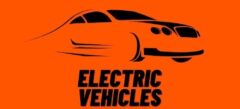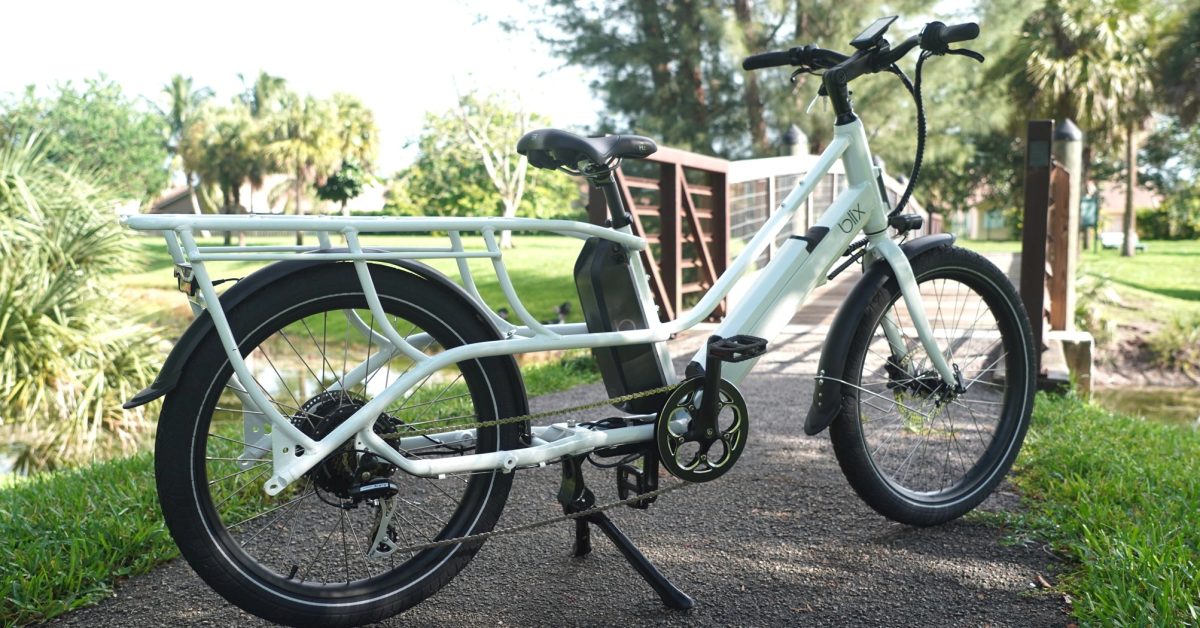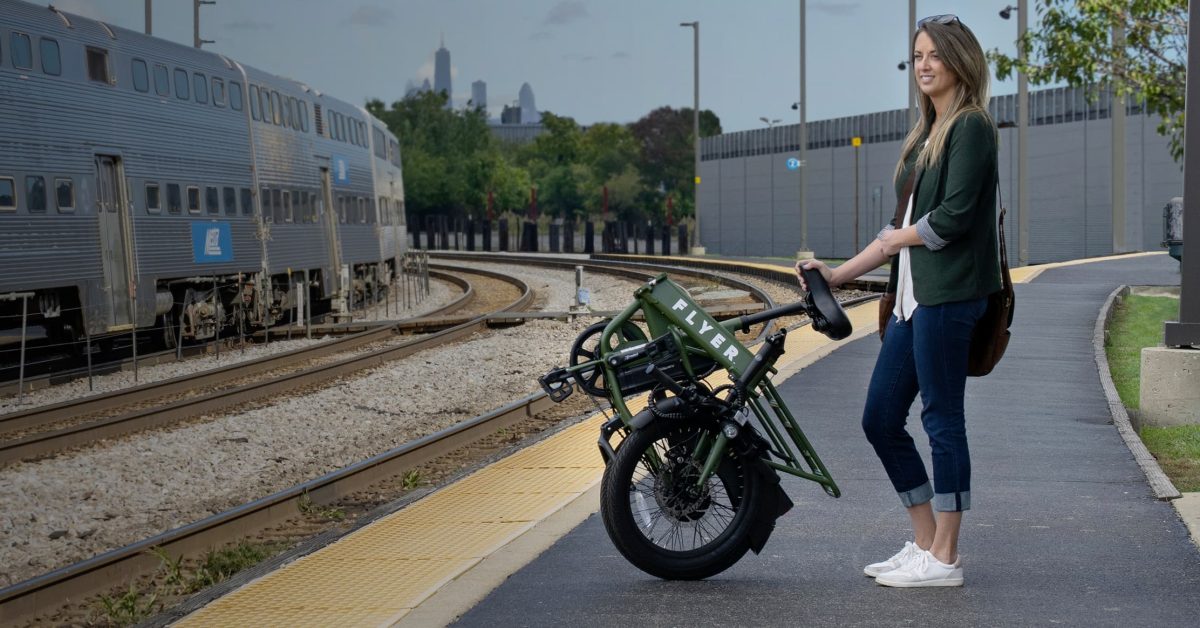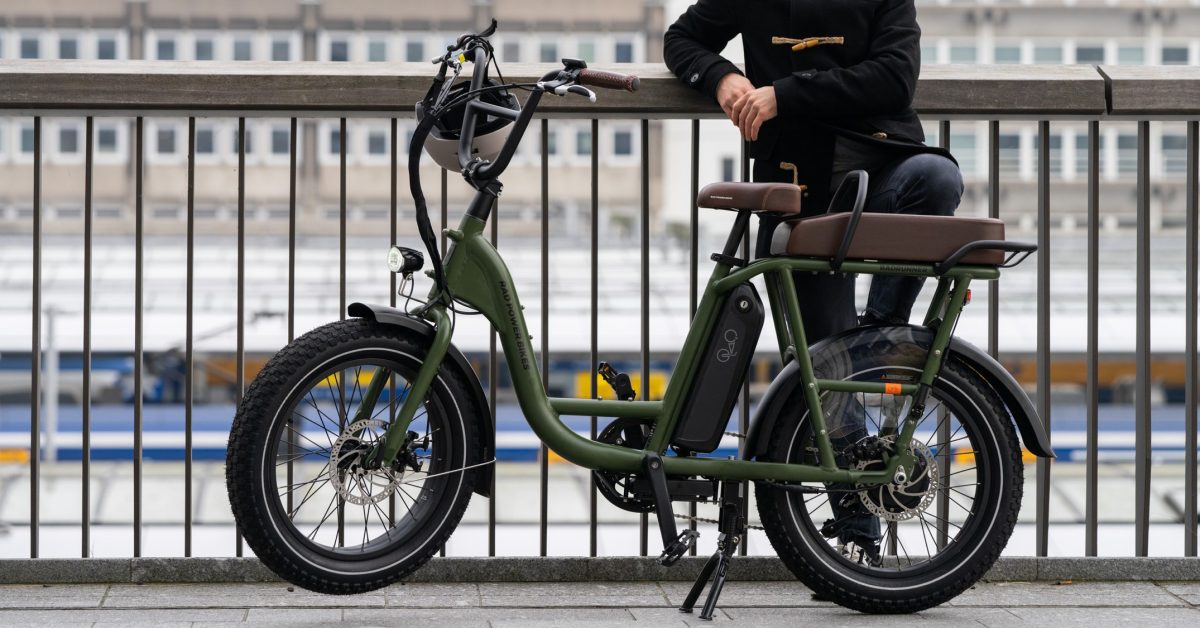[ad_1]
The Babymaker II electric bike from FLX was unveiled last month when it went on pre-sale, and it shocked the market with more than just an edgy name and low price. The bike was also said to be destined for US manufacturing in Detroit, Michigan.
Now that early production has begun, and we’re getting a behind the scenes look at just what goes into assembling these e-bikes in the US.
FLX certainly isn’t the first company to claim US assembly of e-bikes. We’ve had the chance to check out locally built e-bikes from California-based Electric Bike Company, plus other companies like FattE-bikes and WattWagons boast US manufacturing as well.
But the proof is in the pudding, and that’s what FLX founder Rob Rast tried to show in the company’s latest video, which is said to be filmed in FLX’s Detroit-based manufacturing facility.
In this case though, the video largely focuses on the inspection steps of the e-bikes, as opposed to sharing concrete details regarding any nascent assembly line for the Babymaker II electric bikes.
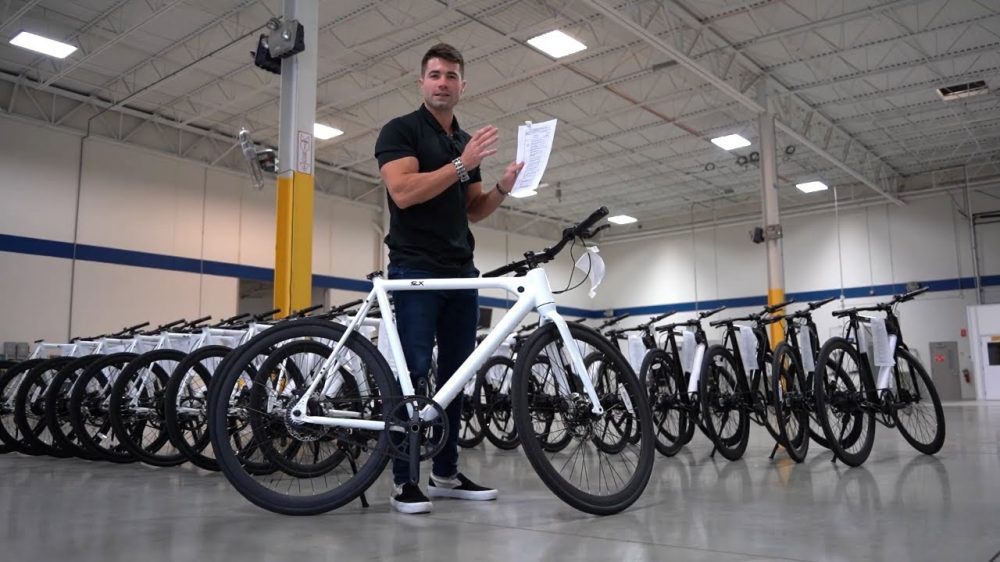
Quality control via rigorous inspection is of course an important step, and it’s arguably one of the biggest advantages of building locally in the US.
As Rob explains:
“There are several quality control processes here. One is at the factory of origin where these parts are built. Those are examined before they ship out. And then when they get here, we inspect them again – that’s called an ‘entry inspection’ – and comb out any parts that have been damaged in shipping or were missed in the first inspection. They’re inspected again when they are assembled into the bikes, and finally once completely assembled there is a final inspection.
Many of the rejected components seem to suffer from cosmetic issues like chipped paint, surface scratches or blemishes in the rim finish.
One example shows a wheel with a cross-threaded bolt hanging out of the front hub. That is presumably an assembly error and not something that was caught as part of an entry inspection.
If not, you have to wonder how something like that made it out of the factory of origin in Asia.
We then see how the final bikes are inspected, covering most of the components from the hydraulic disc brakes and handlebar mount to the trueness of the wheels and tension of the Gates carbon belt.
What we don’t really see is the actual assembly of the e-bikes, which are currently still taking pre-orders.
That begs the question, “What goes on in between parts delivery and final inspection?” That’s a seriously large portion of the build process that seems to be conspicuously absent from the video.
We do briefly see racks of wheels that appear destined for assembly on bikes, but no actual assembly takes place during the video.
Another odd note is that the factory appears to be half full of Bird’s electric scooters. Multiple models of Bird scooters are seen in the background, including dozens of seemingly brand new electric scooters lined up next to open boxes.
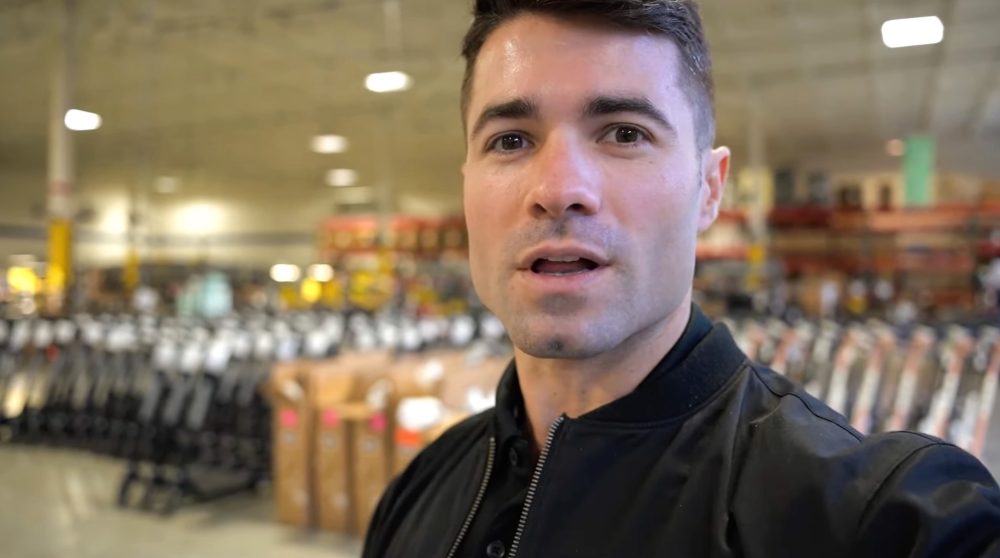
It could be that this is also a depot used by Bird, with both companies renting space. However, it seems a bit odd that there isn’t any form of partition between the various operations from different companies.
With any luck, we’ll get to learn more about the actual assembly process to see how much is performed locally and how much production occurs in advance in Asia.
Until then, let’s hear your thoughts on what we know so far from this behind-the-scenes look at the Babymaker II’s production facilities. Feel free to share your opinions in the comment section below!
FTC: We use income earning auto affiliate links. More.
Subscribe to Electrek on YouTube for exclusive videos and subscribe to the podcast.
[ad_2]
Source link
